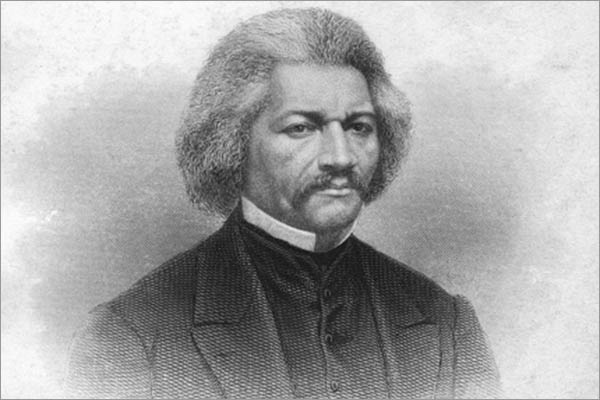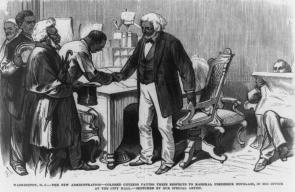

If you don't know the stories of Walker, Garnet, and the real Douglass, you do not know how abolition came to be. In this book, you will find these works, and the connections between their stories. As he reveals in his only work of fiction, The Heroic Slave, Douglass sympathized with the idea of militant resistance to slavery, a position he spoke more vocally of after Garnet's republication of Walker's Appeal. : The Heroic Slave (9781463527181) by Douglass, Frederick and a great selection of similar New, Used and Collectible Books available now at. But this was not the real Frederick Douglass. In the public, Garnet was often seen at odds with Frederick Douglass, widely known as a "conservative" Black abolitionist, especially in modern accounts.

In 1848, it was republished with a lengthy introduction by militant abolitionist Henry Highland Garnet, a piece of writing so strong it stands on its own. In effect, his Appeal set off hundreds of slave rebellions across the country, including playing a role in Nat Turner's famous revolt. Although he is more frequently recognized as prominent orator and autobiographer. David Walker's Appeal, originally published in 1829, was a clarion call to all those enslaved and opposed to slavery, to resist by force and demand liberation at all costs. Book Synopsis The Heroic Slave (1852) is a novella by Frederick Douglass. In this classic collection, you will find three revolutionary works by Black abolitionists.


 0 kommentar(er)
0 kommentar(er)
